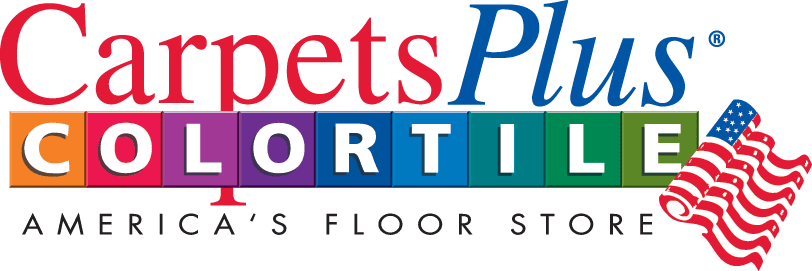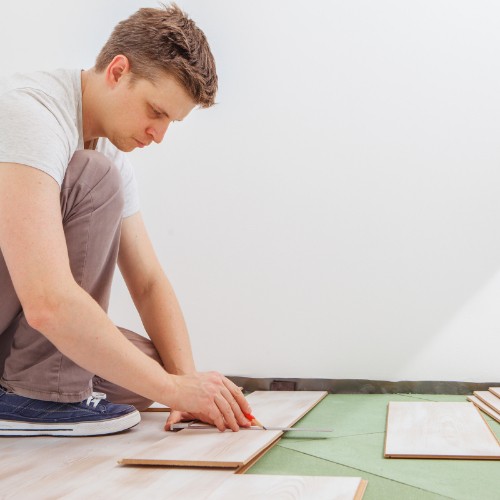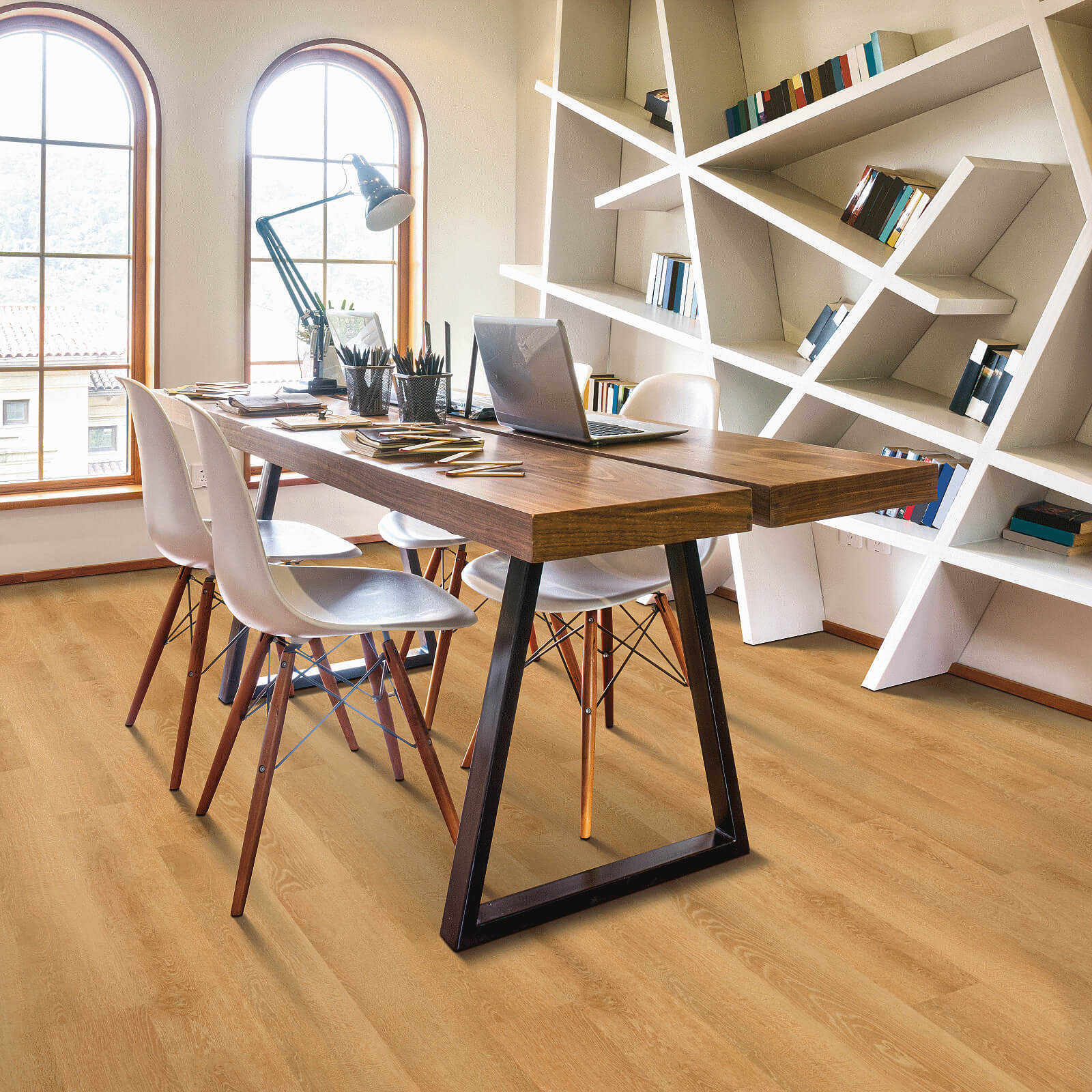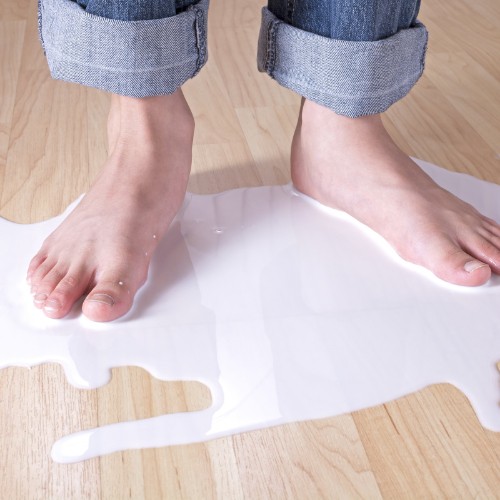Unmatched Selection
We offer a comprehensive selection of flooring styles.
Product Expertise
We know our stuff! Let us help educate you.
Professional Service
We provide friendly, professional service at every turn.
Installation Specialists
Let us expertly install your brand-new flooring.
Learn more About Our Selection Of Luxury Vinyl Flooring At CarpetsPlus COLORTILE of Wyoming
At CarpetsPlus COLORTILE of Wyoming, we feature a wide range of trendsetting and versatile luxury vinyl flooring options for your home.
Whether you're looking for something understated and classic or more sleek and contemporary, our amazing selection of luxury vinyl flooring will surely satisfy you. We work with the industry's leading brands to provide our customers in the area with flooring that they are proud to walk across. With luxury vinyl, homeowners are getting flooring that is able to emulate the look of hardwood or natural stone while providing the benefits of an engineered flooring option.
Learn more about the benefits of luxury vinyl flooring, luxury vinyl installation, inspiration, or care & maintenance as you browse our site.
We're proud to feature CarpetsPlus COLORTILE, Mannington, and a variety of other luxury vinyl flooring options.
CarpetsPlus COLORTILE Featured Collections
Other Brands We Love






Inspiration For You
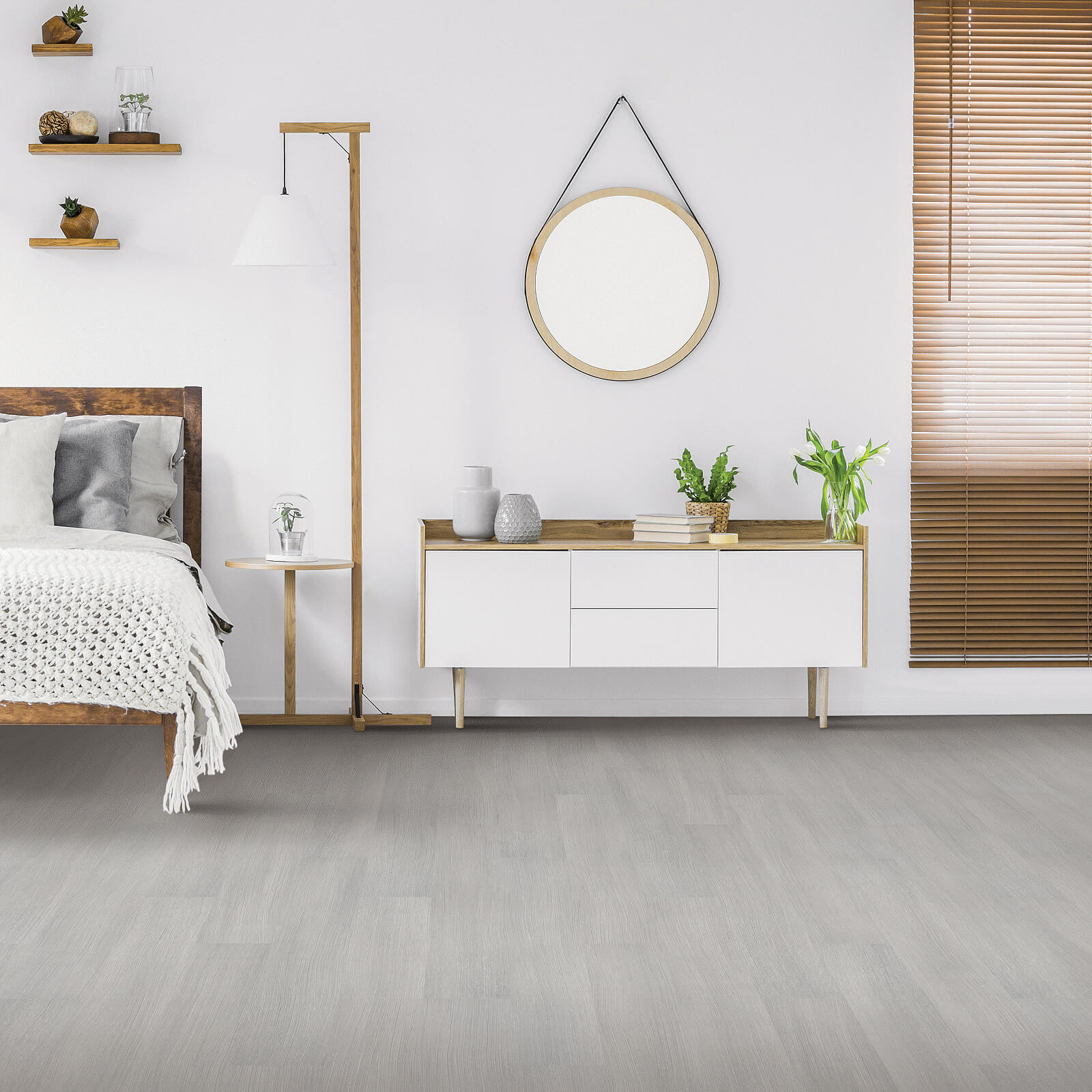
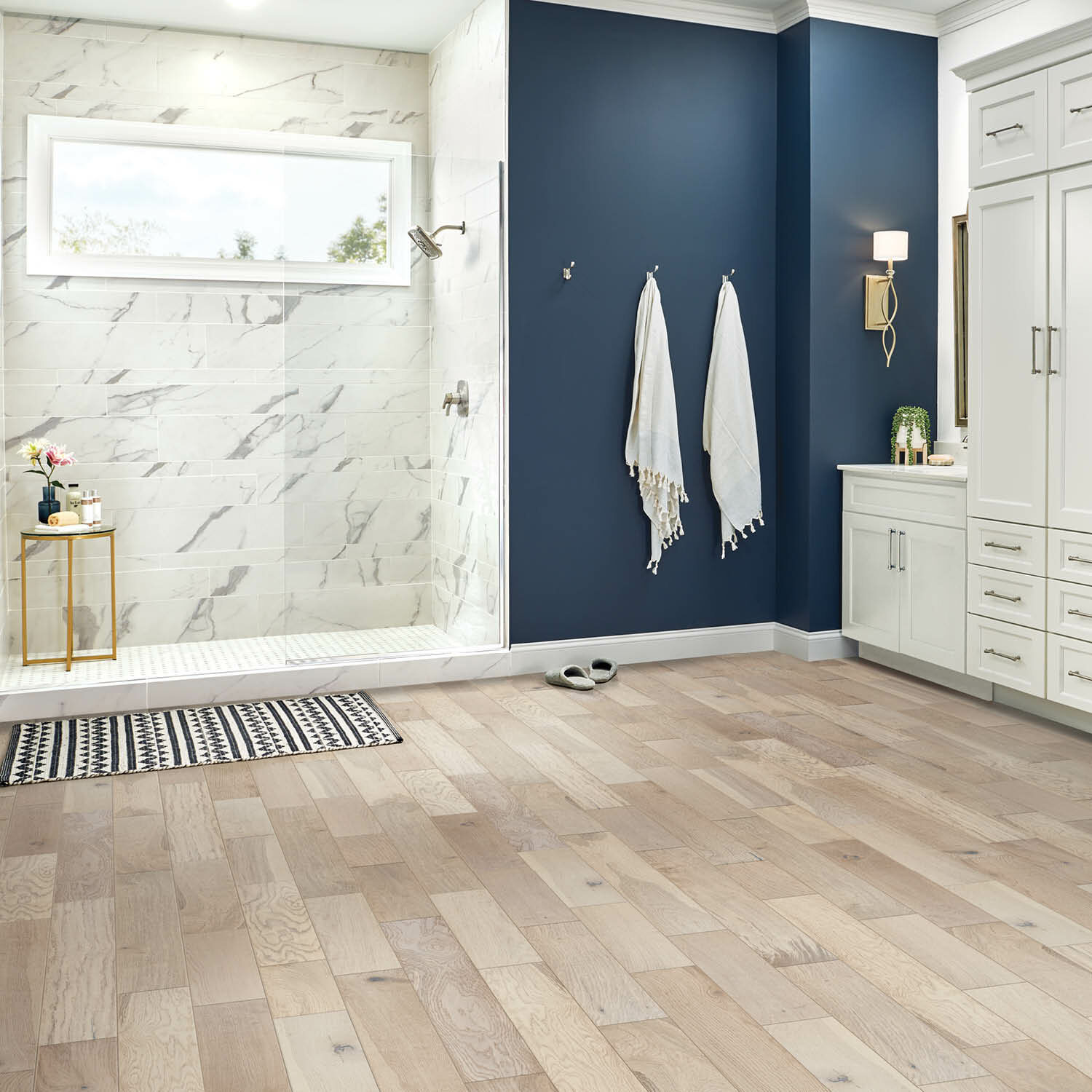
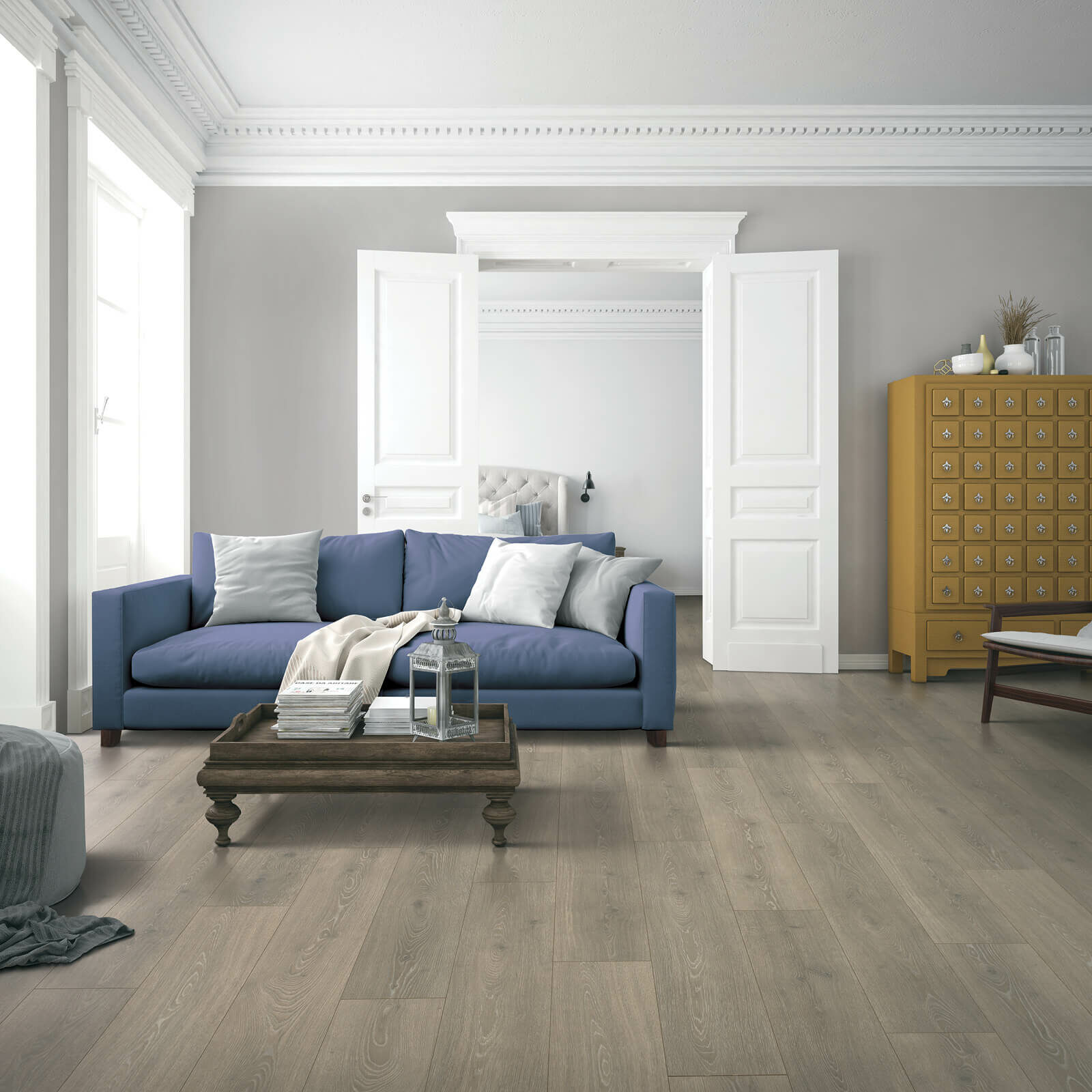
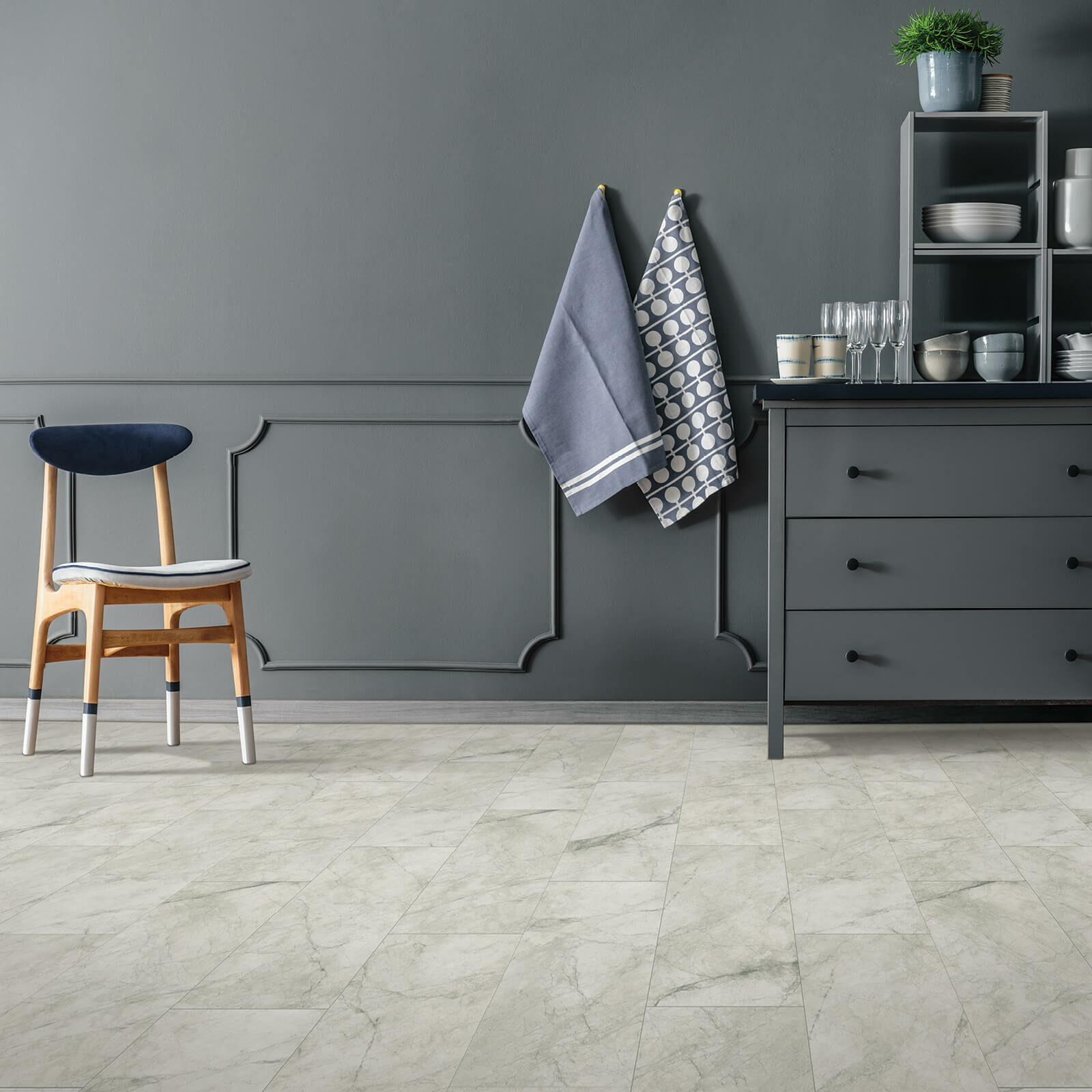
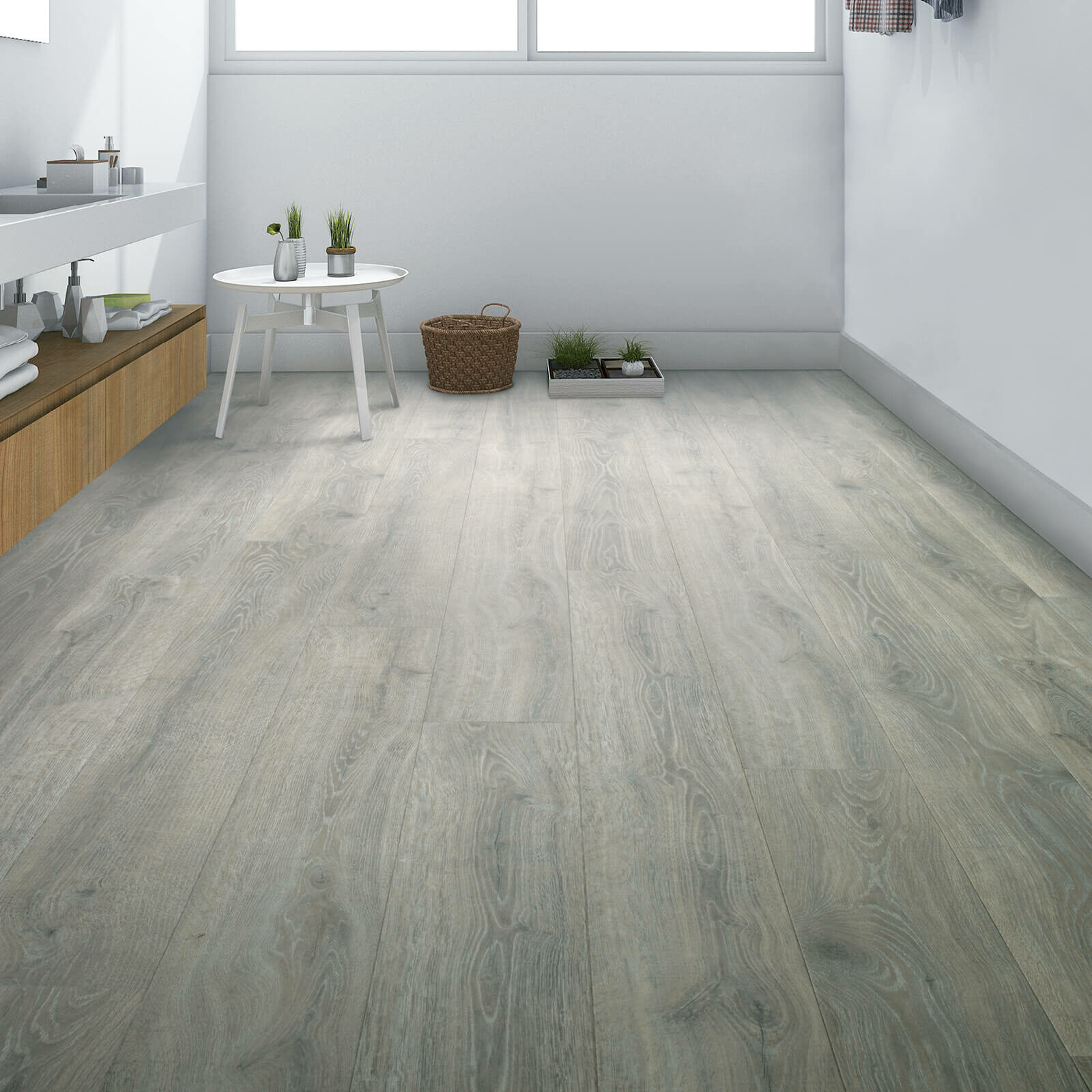
The Benefits Of Luxury Vinyl Flooring
Luxury vinyl flooring offers a number of amazing benefits:
- Luxury vinyl can emulate the look of hardwood or natural stone but at a much lower price than the actual thing.
- Luxury vinyl flooring is waterproof and incredibly resistant to spills, stains, and other liquid messes.
- Luxury vinyl comes in various colors, patterns, plank sizes, tile sizes, and overall looks. No matter what your vinyl wants and needs are, we have something to satisfy you.
- Luxury vinyl is cost-effective, especially in comparison to hardwood or natural stone.
- Luxury vinyl flooring is versatile enough to work well in a variety of rooms within the home, including living rooms, bedrooms, kitchens, dining rooms, offices, and more.
- Luxury vinyl is low-maintenance and requires only basic broom-sweeping to continue to look great and function well.
- Luxury vinyl installation is simple, so long as you go with the pros!
- Luxury vinyl is very much in style as a flooring material.
Schedule An Appointment
The team at CarpetsPlus COLORTILE of Wyoming in Thayne & Afton, Wyoming is ready to help you achieve your flooring dreams. Whether you're interested in an installation, in-home measure, flooring estimate, or more, we can help!
Fill out the form to the right, and we'll contact you shortly.
"*" indicates required fields
